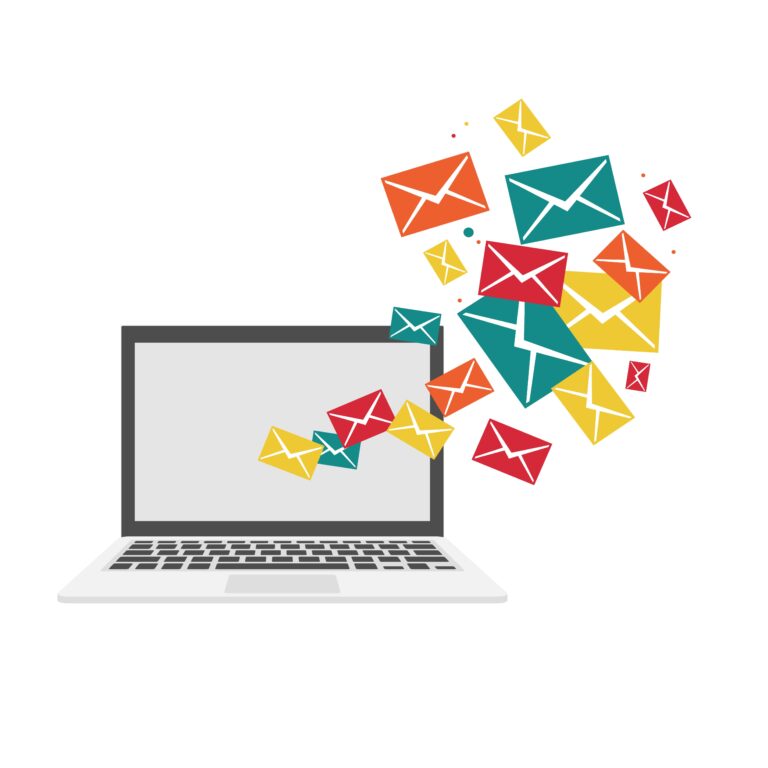
Email marketing is a powerful and versatile tool in digital marketing that serves various purposes and offers several benefits. Here are some of the key uses of email marketing in digital marketing
Audience Engagement: Email marketing enables businesses to engage with their audience directly. You can communicate news, updates, promotions, and other information to your subscribers, fostering a sense of connection and loyalty.
Lead Generation: Email marketing is an effective method for capturing leads. By offering valuable content or incentives in exchange for email sign-ups, businesses can build their contact lists and nurture potential customers.
Customer Retention: Email is an excellent channel for retaining existing customers. Businesses can send personalized emails, loyalty offers, and product recommendations to keep customers coming back for more.
Promotions and Offers: Email marketing is commonly used to promote products, services, and special offers. It allows businesses to reach a targeted audience with tailored promotions, increasing the likelihood of conversions.
Content Distribution: Businesses can use email to distribute their content, such as blog posts, videos, whitepapers, and newsletters. This helps in sharing valuable information and establishing authority in the industry.
Automated Campaigns: Email marketing platforms enable the creation of automated email campaigns triggered by user actions or events. These can include welcome emails, abandoned cart reminders, and post-purchase follow-ups, all of which help in enhancing the customer journey.
Segmentation: Email marketing allows for audience segmentation based on various criteria, including demographics, behavior, and preferences. This ensures that emails are highly relevant to the recipients, improving engagement and conversion rates.
Measurement and Analytics: Email marketing provides detailed analytics on email performance. Marketers can track open rates, click-through rates, conversion rates, and more, allowing for data-driven decision-making and campaign optimization.
Cost-Effective: Compared to many other digital marketing channels, email marketing is cost-effective. There are minimal expenses associated with email campaigns, making it an attractive option for businesses with budget constraints.
Mobile-Friendly: With the increasing use of mobile devices, email marketing has adapted to be mobile-responsive. This ensures that emails display correctly and are easy to interact with on smartphones and tablets.
Personalization: Email marketing allows for highly personalized content. Marketers can use recipient names, purchase history, and browsing behavior to create tailored messages, increasing relevance and engagement.
A/B Testing: Marketers can conduct A/B tests (split tests) on various email elements, such as subject lines, content, and calls to action. This helps in optimizing email performance and achieving better results over time.
Legal Compliance: Email marketing must adhere to regulations like the CAN-SPAM Act in the United States and GDPR in Europe. Compliance ensures that businesses maintain trust with subscribers and avoid legal issues.
In summary, email marketing is a versatile tool in digital marketing that can be used for audience engagement, lead generation, customer retention, promotions, content distribution, and more. When executed effectively, it can drive significant ROI and contribute to the overall success of a digital marketing strategy.
